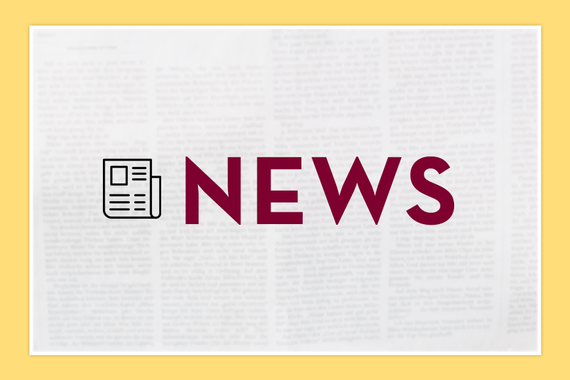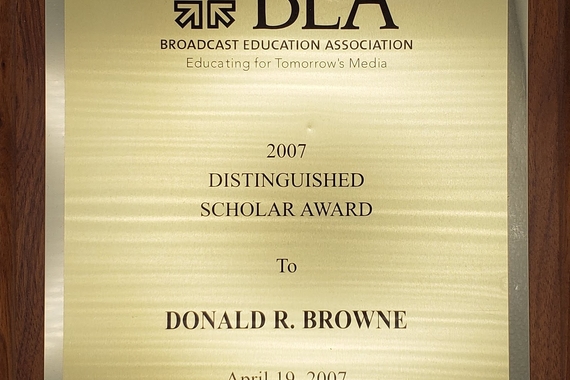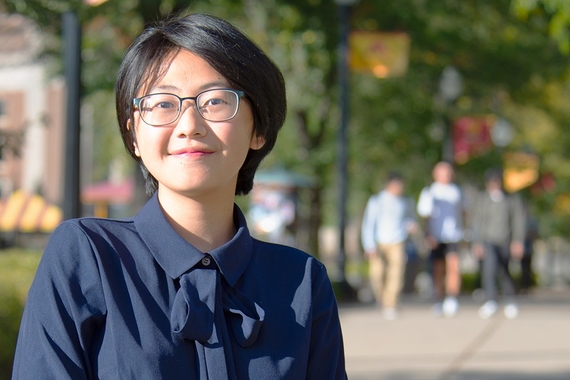When You Belong to Two Families
Deborah B. Yoon, a president’s postdoctoral fellow, is soon to be an assistant professor in the communication studies department. Her research focuses on identity and identity uncertainty, specifically as it relates to adopted individuals and the lack of genetic family health history made available to them. In the future, she hopes “to work with these individuals in community-engaged research.”
What brought you to the University of Minnesota?
I am currently a part of the President’s Postdoctoral Fellowship Program (PPFP) and am in the postdoctoral associate role until the end of August. At that time, I will be transferring to the tenure-track assistant professor role within the Department of Communication Studies in the College of Liberal Arts.
I received my bachelor’s degree in psychology, and both my master’s and PhD in communication with a focus on interpersonal and health communication from Rutgers University in New Jersey. I worked for several years after my bachelor’s before going back to graduate school to further my education and change my career path.
What are your areas of specialty? How did you become interested in what you study and teach?
My areas of specialty span three major areas: identity, uncertainty, and relationships and family. More specifically, my research focuses on how people develop and maintain their identities and navigate uncertainties within unique or difficult family situations.
The most significant reason I became interested in these areas is because of my own personal experiences being born and raised in the United States as a minority woman. I had influential experiences growing up trying to balance the different aspects of identity and uncertainty of being "American" and "Korean" in society and at home.
As I was reflecting on these experiences, I was intrigued to focus on adoption as a context because of the nontraditional experiences adopted individuals have in their relational circumstances of "belonging to two families." I wanted to explore how people's identities reflect and/or change in these circumstances.
Similarly, the interest in genetic family health history information management practices is an extension of personal experiences where family members do not holistically discuss genetic family issues unless they have to as a result of negative circumstances.
Although in my cultural experiences, information sharing is possible but looked down upon, adoption experiences bring forth an interesting focus on the "lack of availability" and the genetic information being "out of the adopted individuals' control for attainment." I wanted to determine how these specific circumstances affect the individual's decision about uncertainty management in regard to health issues.
What questions and ideas are you most interested in exploring right now? What problems does your work seek to address?
I continue to explain identity uncertainty as an experience that can apply to circumstances such as infertility or adoption. I hope to further explore identity uncertainty as an experience in young adults, different types and styles of family, and other nontraditional or challenging family systems. I hope to continue to delve into how experiences of identity uncertainty may affect an individual’s identity negotiation and management, along with well-being, self-esteem, and resilience.
In addition to exploring identity in the large contexts mentioned above, I hope to also specifically focus on identity and identity uncertainty experiences that come up for individuals in international and transracial adoptions. I hope to unravel the various circumstances that may inhibit their ability to channel their full identity to include both family of origin and their adoptive families into their perceptions.
To continue with adoption-related research, I would like to focus on pairings of the adoptive parent and adopted child to understand ways that adoptive parents act as information providers in their decision to reveal or conceal accessible knowledge, but also the ways they help their adopted child(ren) cope with the information deficit about the biological family. Beyond the context of adoption, I also hope to unravel the complicated nature of communication, or noncommunication, of health-related information due to a family’s specific circumstances.
What courses are you currently teaching or looking forward to teaching soon? What's special about them?
I am currently teaching COMM 3402 - Introduction to Interpersonal Communication and will teach this course again in the fall. I try to make sure that the different concepts and ideas that I teach in this course apply to everyday interpersonal relationships for my students. I try to make concepts relatable and applicable to enhance the interpersonal relationships in which students take in their personal lives.
What are you most excited about right now?
I am most excited to continue my research and build upon the work that I have been focusing on. Knowing the high population of adopted individuals living in Minnesota, I hope to work with them to raise awareness and help with communication-related issues that may arise for them. In addition, I hope to work with these individuals in community-engaged research to focus on this population directly.
I am also looking forward to working more directly with students and other collaborative efforts at the University. Hopefully, interesting collaborative projects may be prevalent in the future!


